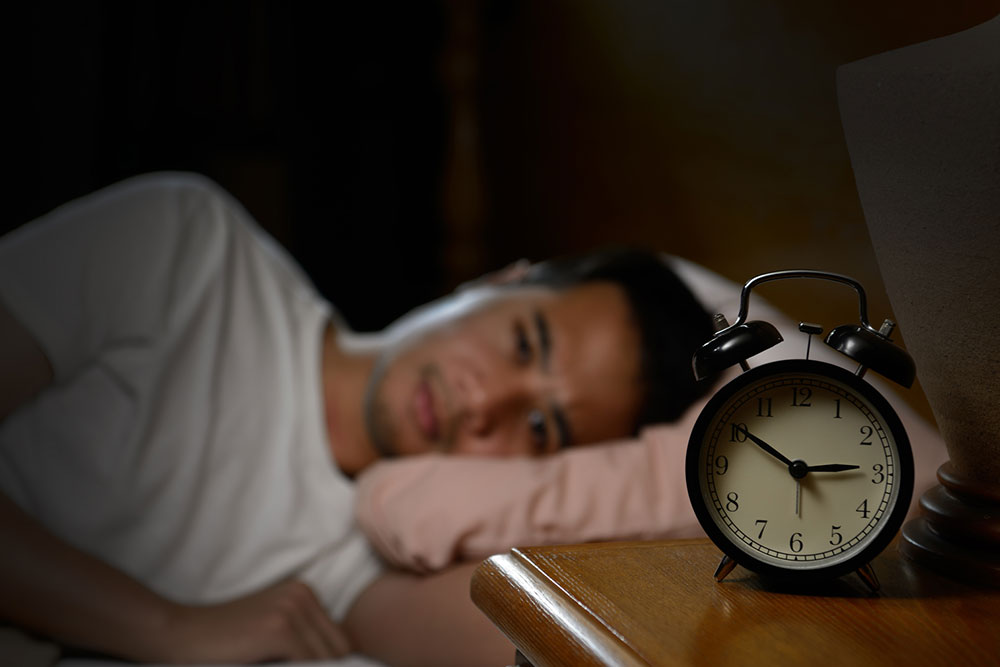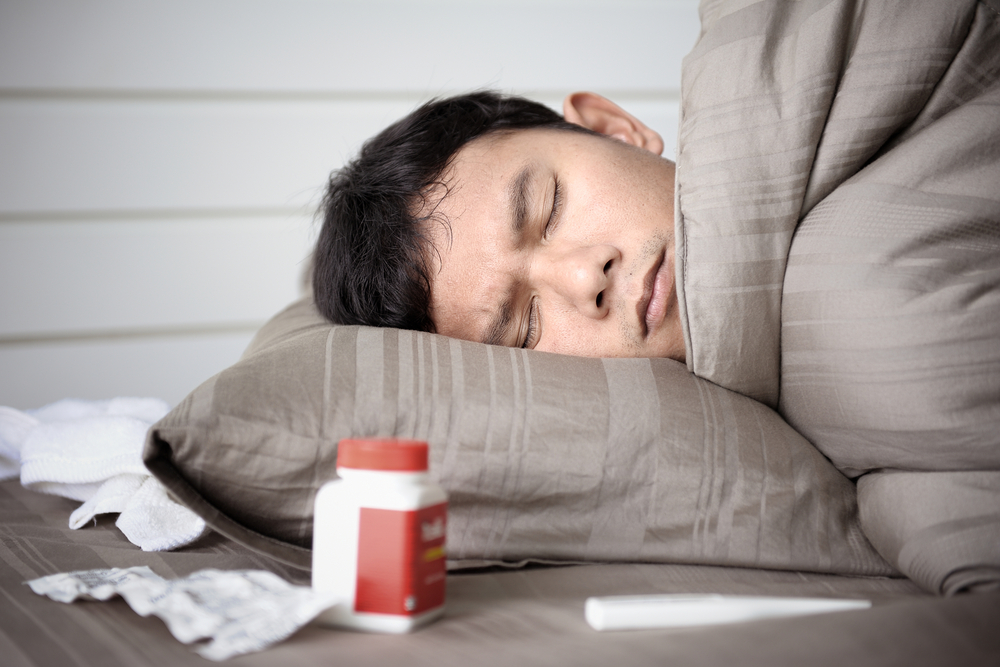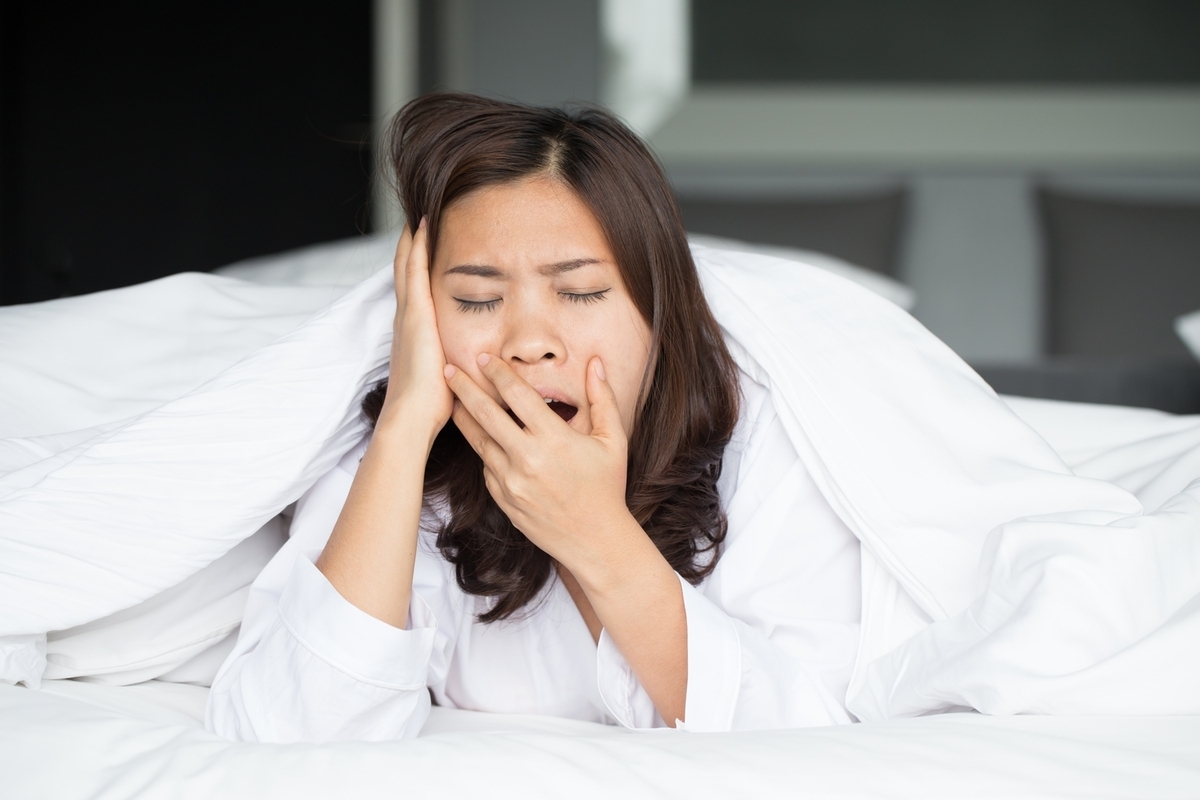Understanding Types and Remedies for Sleep Difficulties
This article discusses the different types of insomnia and effective strategies for management. It highlights lifestyle changes and relaxation techniques that can help improve sleep quality, emphasizing the importance of sleep hygiene and stress reduction. Suitable for individuals experiencing sleep difficulties, the guide offers practical tips to alleviate both short-term and chronic insomnia, promoting healthier sleep patterns for overall well-being.
Sponsored

Experiencing sleepless nights, tossing in bed, can happen to anyone at some point. It’s often frustrating and exhausting. While sleep issues may stem from other health problems, stress, or trauma, they can also intensify existing conditions. The good news is that implementing certain routines can greatly improve sleep quality, regardless of severity or duration. Taking small steps can significantly reduce insomnia and promote better rest.
Insomnia is categorized as either short-term (acute) or long-term (chronic). Acute insomnia typically occurs due to temporary changes in daily routines, while chronic insomnia persists for three months or longer, happening more than three nights weekly. It can be divided into sleep onset insomnia, where falling asleep is difficult, and sleep maintenance insomnia, characterized by trouble staying asleep.
Simple lifestyle adjustments can greatly alleviate insomnia. Designate the bedroom solely for sleep, avoiding all screens and stimulating activities an hour before bedtime. Managing stress through activities like meditation, yoga, and breathing exercises can help relax the mind and body. If sleep eludes you, avoid forcing it; instead, engage in calming pursuits like reading or relaxation exercises outside the bedroom to promote restful sleep.






